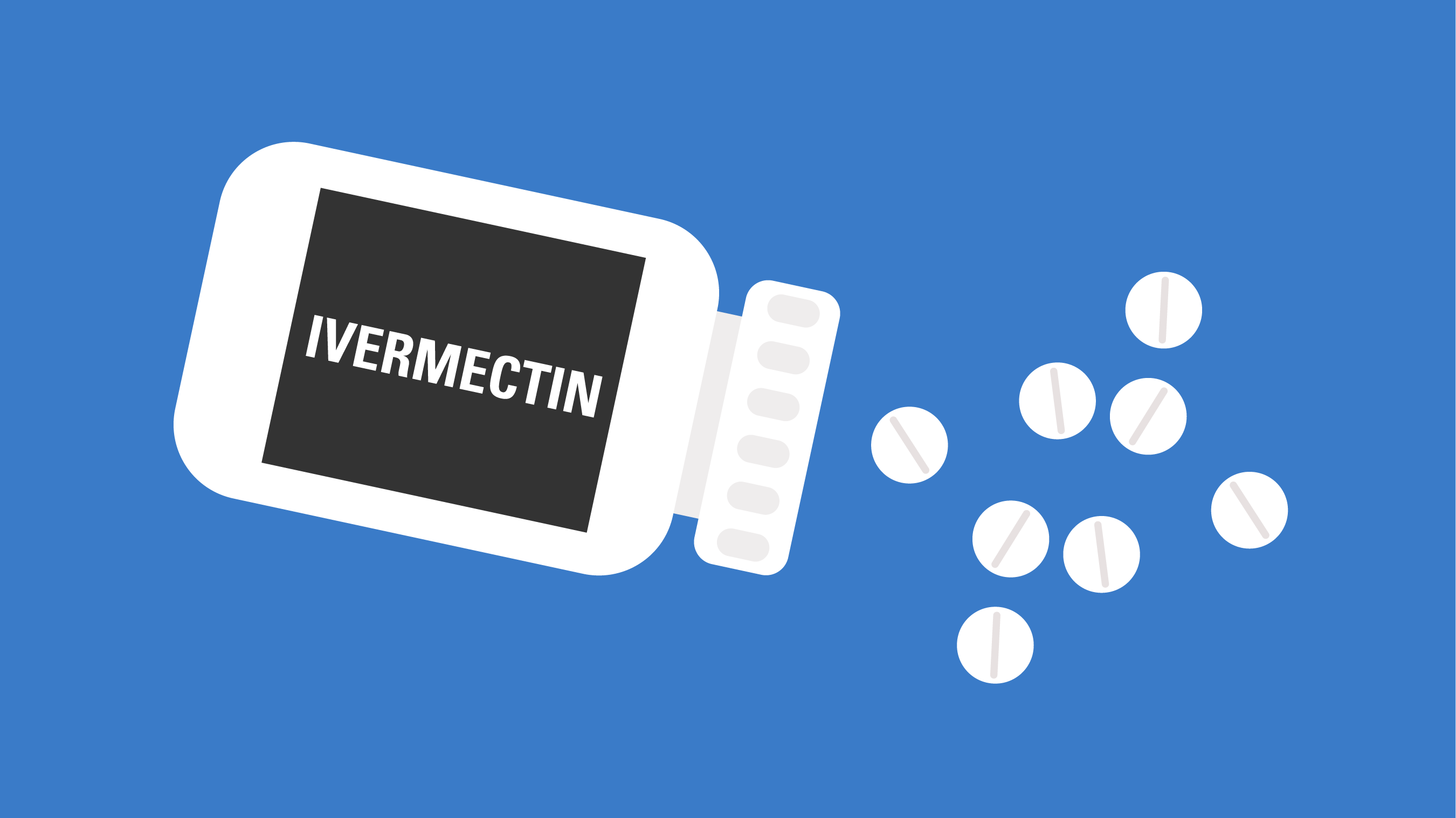Introduction
The global pandemic of COVID-19 has sparked a race to find effective treatments. Among various proposed remedies, Ivermectol 6 Mg, an antiparasitic drug, has garnered significant attention. Originally approved for treating parasitic infections in humans and animals, its potential use for COVID-19 has been a subject of debate. This article aims to explore the safety and efficacy of ivermectin for COVID-19, based on the latest research and health authority guidelines.
Background on Ivermectin
Ivermectin For Sale is a well-established medication used primarily to treat conditions caused by parasitic worms, including onchocerciasis (river blindness) and lymphatic filariasis. It also treats external parasites like head lice and skin conditions such as rosacea. Ivermectin’s antiviral properties were first discovered in vitro (lab studies) against a range of viruses, including dengue and Zika, raising questions about its potential use against SARS-CoV-2, the virus responsible for COVID-19.
Early Research and Public Interest
Interest in ivermectin as a COVID-19 treatment began with a study published in April 2020 by researchers at Monash University in Australia. They reported that ivermectin inhibited the replication of SARS-CoV-2 in cell cultures. The study noted a significant reduction in viral RNA within 48 hours of treatment. However, the concentrations of ivermectin used in vitro were much higher than those approved for human use, raising concerns about its practical applicability.
Despite the promising lab results, subsequent human studies have produced mixed outcomes. Some small-scale studies and anecdotal reports suggested benefits, while larger, more rigorous trials often failed to demonstrate significant improvements in clinical outcomes for COVID-19 patients. This discrepancy fueled public interest and controversy, further complicated by misinformation on social media platforms.
Clinical Trials and Health Authority Recommendations
Multiple clinical trials have been conducted to evaluate the efficacy of ivermectin in treating COVID-19. Notable among these is the Together Trial, a large randomized controlled trial which found no significant benefit of ivermectin in reducing hospitalizations or preventing severe disease compared to a placebo. Similarly, the PRINCIPLE trial by the University of Oxford concluded that ivermectin did not significantly reduce the duration of symptoms or prevent hospitalizations in non-hospitalized COVID-19 patients.
Based on the current evidence, major health authorities, including the World Health Organization (WHO), the U.S. Food and Drug Administration (FDA), and the European Medicines Agency (EMA), have advised against the use of ivermectin for COVID-19 outside of clinical trials. The WHO’s guideline development group reviewed the evidence from 16 randomized controlled trials involving over 2,400 participants and concluded that the evidence on ivermectin was of very low certainty, leading to their recommendation against its use for COVID-19.
Safety Concerns
Safety is a paramount consideration when evaluating any drug for new indications. Ivermectin is generally well-tolerated at approved doses for parasitic infections, but using it at higher doses, as might be required for antiviral effects, could pose significant risks. Potential side effects of ivermectin include dizziness, pruritus (itching), nausea, diarrhea, and at higher doses, more severe effects such as hypotension, ataxia, seizures, and liver injury.
There have been reports of individuals self-medicating with veterinary formulations of ivermectin, which are not intended for human use and can lead to overdose and toxicity. The FDA has issued warnings about the dangers of using animal-grade ivermectin for COVID-19, emphasizing that these products are formulated at concentrations that are unsafe for human consumption.
Alternatives and Ongoing Research
While ivermectin’s role in COVID-19 treatment remains contentious, several other treatments have received emergency use authorization or full approval for COVID-19. These include antiviral drugs like remdesivir, monoclonal antibodies, and corticosteroids such as dexamethasone for severe cases. The development of vaccines has been the most effective tool in combating the pandemic, significantly reducing the incidence of severe disease and hospitalizations.
Research into COVID-19 treatments continues at a rapid pace. The focus has expanded to include repurposed drugs, novel antivirals, and supportive therapies. The adaptive nature of the virus, with the emergence of new variants, underscores the need for ongoing vigilance and flexibility in treatment strategies.
Conclusion
The use of ivermectin for COVID-19 is not currently supported by robust scientific evidence. Health authorities worldwide recommend against its use outside of well-conducted clinical trials. The allure of a readily available and inexpensive treatment is understandable, but public health decisions must be guided by reliable evidence to ensure safety and efficacy. Patients are advised to rely on proven treatments and preventive measures, such as vaccination, while researchers continue to explore all potential therapeutic avenues in the fight against COVID-19.
Final Thoughts
It’s crucial to approach the topic of ivermectin with a balanced perspective, acknowledging both the potential and the limitations highlighted by current research. While the scientific community remains open to new evidence, the priority must always be the safety and well-being of patients based on the best available data.

